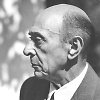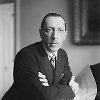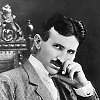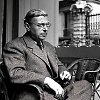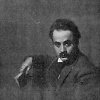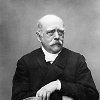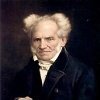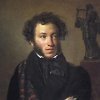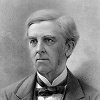Quote of the day
Arguably, no artist grows up: If he sheds the perceptions of childhood, he ceases being an artist.
Charles Rosen

Born: May 5, 1927
Died: December 9, 2012 (aged 85)
Bio: Charles Welles Rosen was an American pianist and writer on music. He is remembered for his career as a concert pianist, for his recordings, and for his many writings, notably the book The Classical Style.
Known for:
- The Romantic Generation (1995)
- Music and Sentiment (2010)
- Sonata Forms (1980)
- Beethoven's Piano Sonatas: A Short Companion (2002)
Most used words:
Charles Rosen Quotes

